Home>Home Appliances>Cleaning Appliances>Why Is My Vacuum Cleaner Blowing Out Air
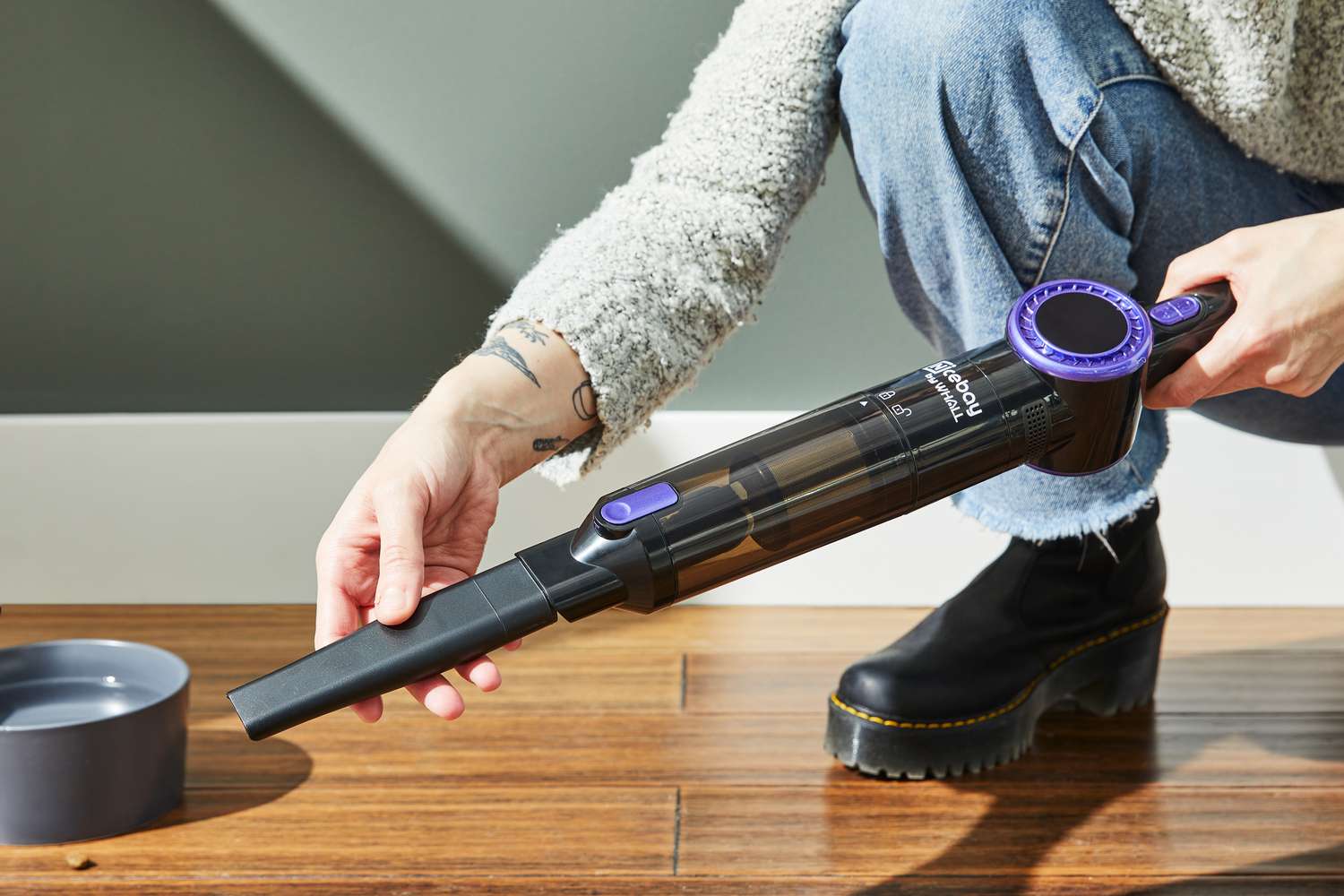

Cleaning Appliances
Why Is My Vacuum Cleaner Blowing Out Air
Modified: January 4, 2024
Discover why your vacuum cleaner may be blowing out air and learn effective cleaning appliance maintenance tips. Keep your home clean and healthy.
(Many of the links in this article redirect to a specific reviewed product. Your purchase of these products through affiliate links helps to generate commission for Storables.com, at no extra cost. Learn more)
Introduction
If you've ever experienced the perplexing situation of your vacuum cleaner blowing out air instead of sucking it in, you're not alone. This unexpected phenomenon can leave you scratching your head and wondering what's gone awry with your trusty cleaning appliance. Fear not, for in this article, we'll delve into the reasons why your vacuum cleaner may be blowing out air and explore effective solutions to rectify this puzzling issue.
Vacuum cleaners are indispensable tools for maintaining clean and tidy living spaces, effortlessly removing dust, debris, and allergens from carpets, floors, and upholstery. When they malfunction, it can disrupt your cleaning routine and leave you feeling frustrated. Understanding the underlying causes of your vacuum cleaner blowing out air is the first step toward resolving the problem and restoring your appliance to its optimal functionality.
So, if you've ever found yourself pondering, "Why is my vacuum cleaner blowing out air?" then read on as we unravel the mysteries behind this perplexing occurrence and equip you with the knowledge to tackle it head-on.
Key Takeaways:
- Don’t fret if your vacuum cleaner blows out air instead of sucking it in! It could be due to clogged filters, blockages, or motor issues. Regular maintenance and troubleshooting can restore its suction power.
- Understanding how your vacuum cleaner works is key to fixing it. Clear blockages, clean or replace filters, and ensure proper installation of the dustbin or bag to keep it running smoothly.
Read more: How To Reverse A Vacuum Cleaner To Blow
Understanding the Issue
Before delving into the potential causes and solutions for your vacuum cleaner blowing out air, it's crucial to grasp the fundamental workings of this essential cleaning appliance. A vacuum cleaner operates by creating suction to draw in dirt and debris, which is then collected in a dustbin or a bag. This process relies on a combination of factors, including a powerful motor, a well-sealed suction pathway, and a filtration system to trap particles.
When a vacuum cleaner begins expelling air instead of drawing it in, it signifies a disruption in this suction process. This disruption can stem from various sources, ranging from simple user oversight to more complex mechanical issues within the appliance. By gaining a clear understanding of the potential culprits behind this phenomenon, you'll be better equipped to diagnose and address the problem effectively.
Furthermore, comprehending the inner workings of your vacuum cleaner can empower you to identify any warning signs or irregularities in its performance, allowing for timely intervention to prevent more extensive damage. With this knowledge in hand, you can approach the task of troubleshooting your vacuum cleaner with confidence and precision, ultimately restoring its suction power and ensuring its continued functionality.
Common Causes of Vacuum Cleaners Blowing Out Air
Several factors can contribute to the disconcerting issue of a vacuum cleaner blowing out air instead of effectively drawing it in. Understanding these common causes is pivotal in diagnosing and resolving the underlying issues. Here are some prevalent reasons for this perplexing occurrence:
- Clogged Filters: Over time, the filters in a vacuum cleaner can become clogged with dust, debris, and pet hair, impeding the airflow and causing the appliance to expel air instead of suctioning it in.
- Blockages in the Hose or Wand: Obstructions within the vacuum cleaner's hose or wand can disrupt the airflow, leading to the expulsion of air. Common culprits include lodged debris, tangled hair, or foreign objects obstructing the pathway.
- Leaking Seals or Gaskets: Damaged or worn-out seals and gaskets in the vacuum cleaner's suction pathway can result in air leaks, diminishing the appliance's suction power and causing air to be blown out.
- Full or Improperly Installed Dustbin or Bag: If the dustbin or bag is full or not correctly installed, it can impede airflow and lead to the expulsion of air. Ensuring proper installation and timely emptying of the dustbin or bag is essential.
- Motor Issues: A malfunctioning or overheating motor can disrupt the vacuum cleaner's suction process, leading to the expulsion of air. This may stem from electrical issues, worn-out components, or excessive debris accumulation within the motor.
By identifying these common causes, you can systematically inspect and troubleshoot your vacuum cleaner to pinpoint the specific issue at hand. This proactive approach lays the groundwork for implementing targeted solutions and restoring your appliance to peak performance.
Check the vacuum’s filter and make sure it’s clean and properly installed. A clogged or incorrectly placed filter can cause the vacuum to blow out air instead of sucking it in.
How to Fix the Problem
Resolving the issue of a vacuum cleaner blowing out air entails a systematic approach to troubleshooting and implementing effective solutions. By addressing the root causes of this perplexing occurrence, you can restore your appliance’s suction power and ensure its optimal functionality. Here are actionable steps to fix the problem:
- Clean or Replace Filters: Begin by inspecting and cleaning the filters in your vacuum cleaner. If they are excessively dirty or clogged, follow the manufacturer’s guidelines to clean or replace them, restoring unimpeded airflow and suction.
- Clear Hose and Wand Blockages: Check the vacuum cleaner’s hose and wand for any obstructions, such as lodged debris or tangled hair. Use a straightened wire hanger or an appropriate tool to dislodge and remove blockages, ensuring a clear airflow pathway.
- Inspect and Seal Leaking Points: Examine the seals and gaskets along the suction pathway for any signs of damage or wear. Replace any compromised seals to eliminate air leaks and restore the vacuum cleaner’s suction efficiency.
- Ensure Proper Dustbin or Bag Installation: Confirm that the dustbin or bag is correctly installed and not overfilled. Empty the dustbin or replace the bag as needed, ensuring unobstructed airflow within the appliance.
- Address Motor Issues: If the vacuum cleaner’s motor is malfunctioning or overheating, consult the manufacturer’s guidelines for troubleshooting steps. This may involve inspecting electrical connections, cleaning the motor compartment, or seeking professional repair services if necessary.
By methodically addressing these steps, you can systematically diagnose and resolve the issue of your vacuum cleaner blowing out air. Regular maintenance, such as cleaning filters and clearing blockages, is essential for preventing this problem from recurring. Additionally, following the manufacturer’s recommended maintenance schedule and usage guidelines can prolong the lifespan of your vacuum cleaner and ensure consistent performance.
Conclusion
In conclusion, the enigma of a vacuum cleaner blowing out air instead of effectively suctioning debris can be attributed to various common causes, ranging from clogged filters to motor issues. By gaining a comprehensive understanding of these potential culprits and their respective solutions, you are empowered to address this perplexing issue with confidence and precision.
Regular maintenance and proactive troubleshooting are key to preventing and resolving this problem, ensuring that your vacuum cleaner operates at peak efficiency and continues to be a reliable ally in maintaining clean and healthy living spaces. By adhering to recommended maintenance practices, promptly addressing any irregularities in the appliance’s performance, and implementing targeted solutions, you can mitigate the likelihood of your vacuum cleaner blowing out air and prolong its longevity.
Remember, a well-maintained vacuum cleaner not only enhances the cleanliness of your home but also contributes to a healthier indoor environment by effectively removing dust, allergens, and debris. With the insights and strategies provided in this article, you are equipped to tackle the issue of a vacuum cleaner blowing out air, reclaiming its suction power, and restoring seamless functionality to this essential cleaning appliance.
By harnessing the knowledge and proactive measures outlined here, you can bid farewell to the confounding spectacle of your vacuum cleaner blowing out air, welcoming a return to its intended purpose of effortlessly and efficiently maintaining the cleanliness of your home.
Frequently Asked Questions about Why Is My Vacuum Cleaner Blowing Out Air
Was this page helpful?
At Storables.com, we guarantee accurate and reliable information. Our content, validated by Expert Board Contributors, is crafted following stringent Editorial Policies. We're committed to providing you with well-researched, expert-backed insights for all your informational needs.
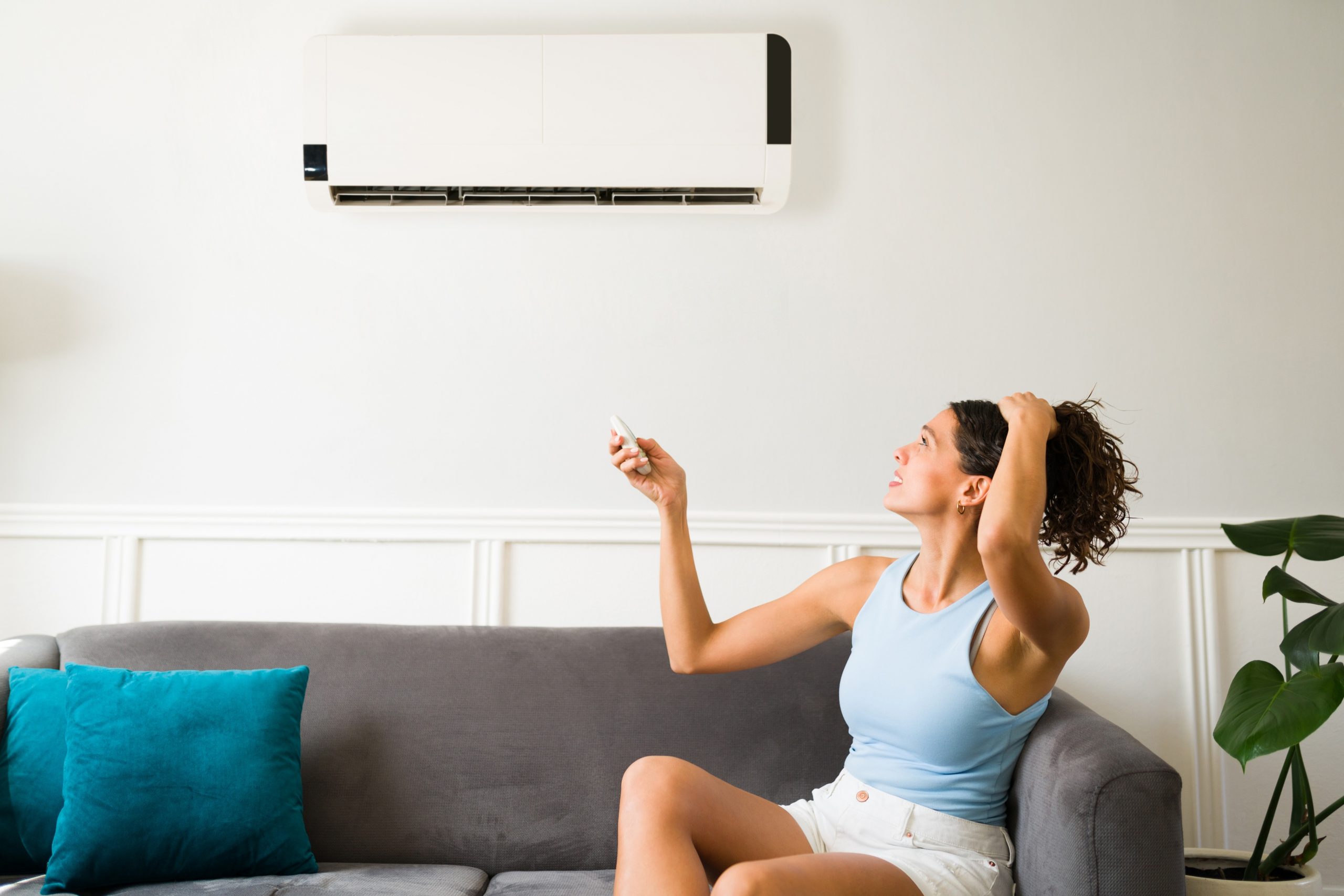
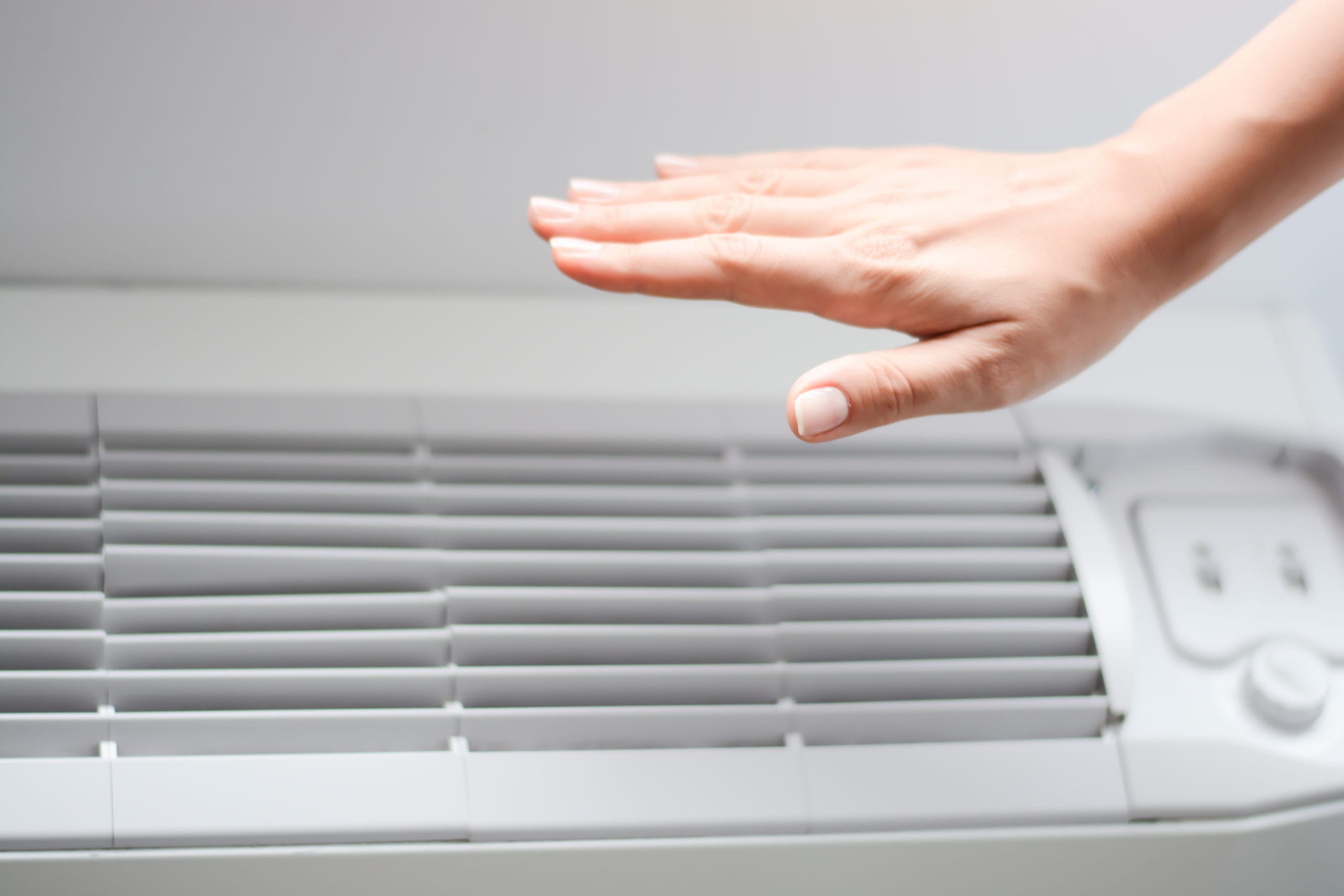
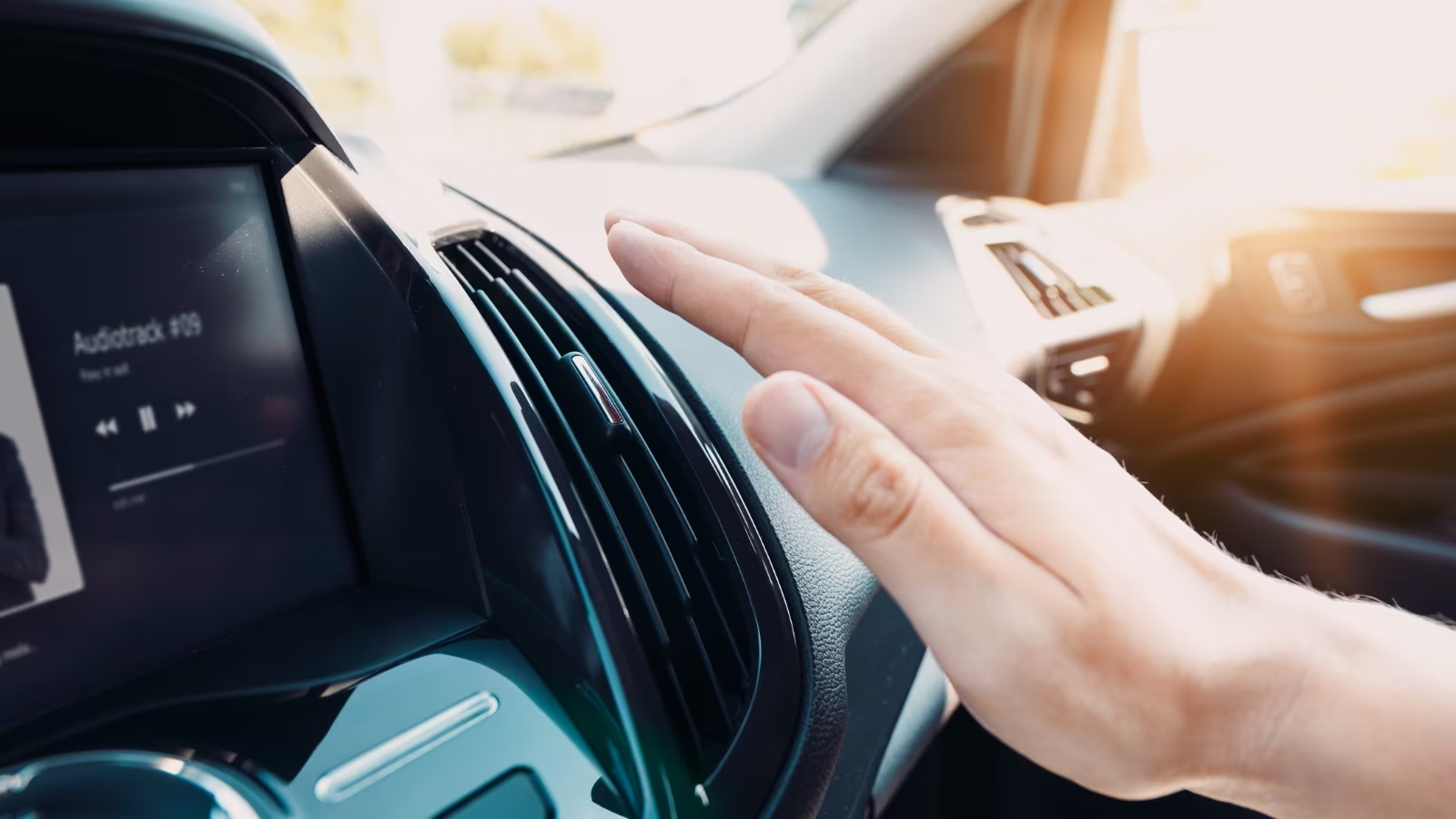
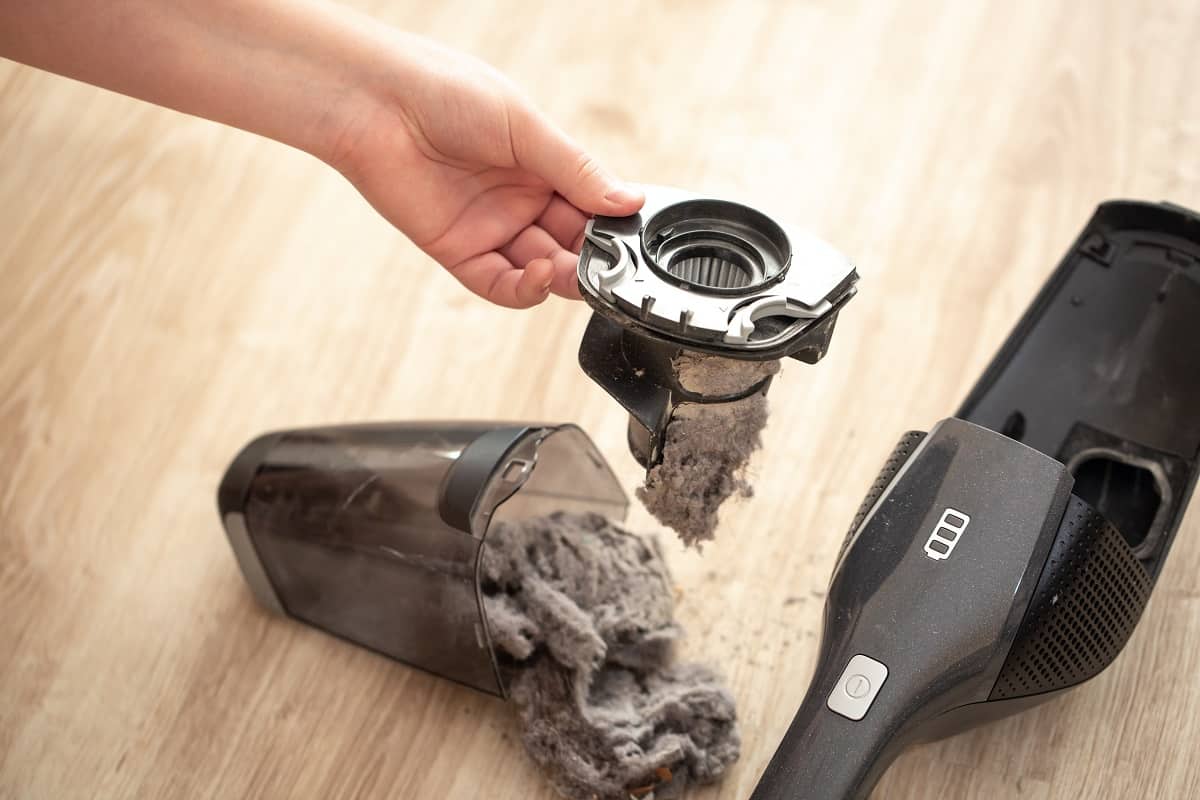
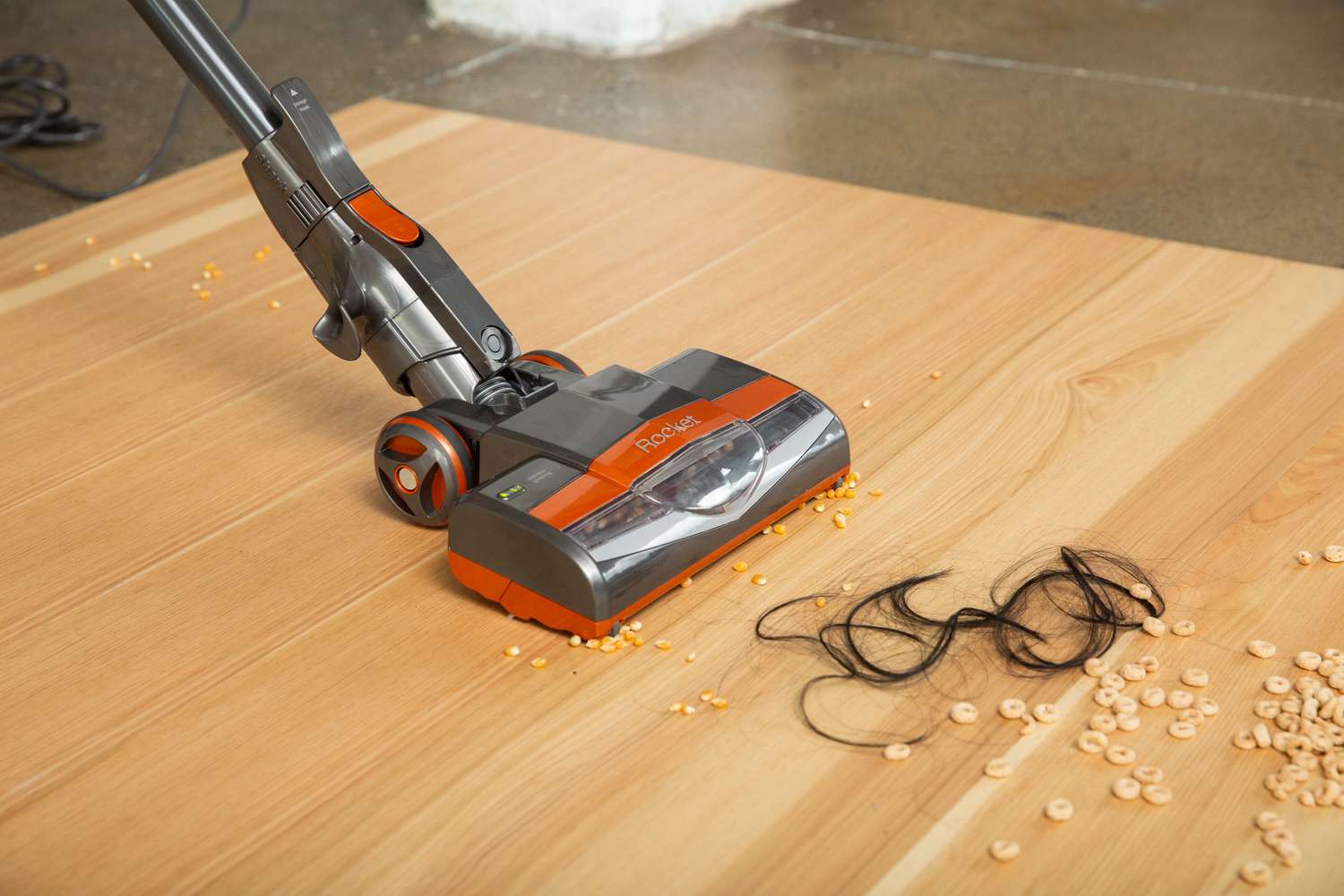
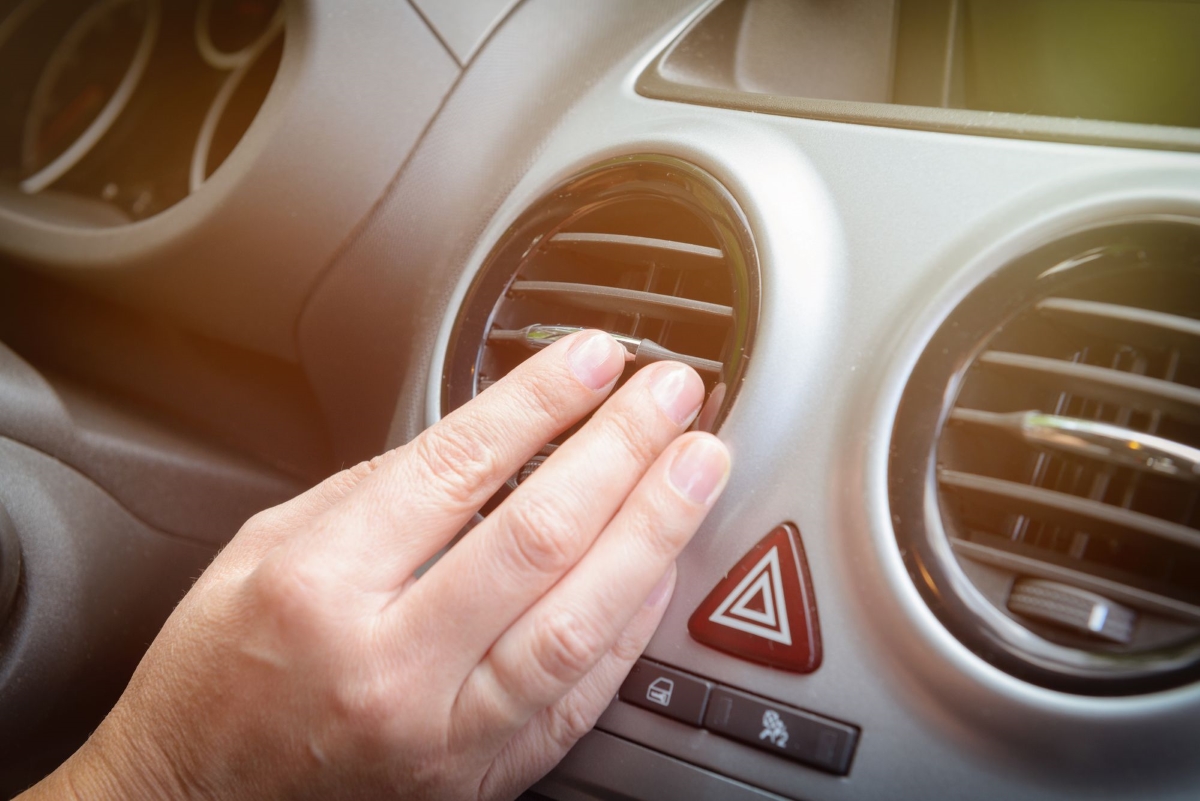
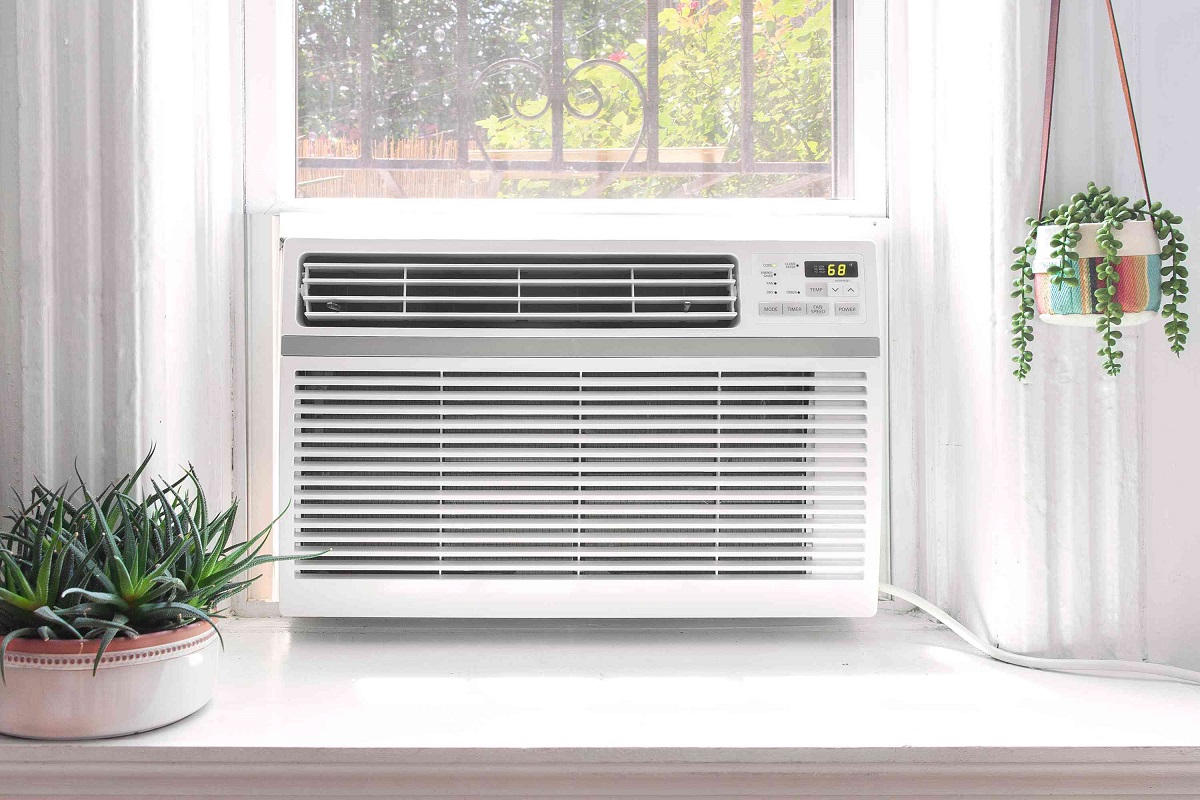
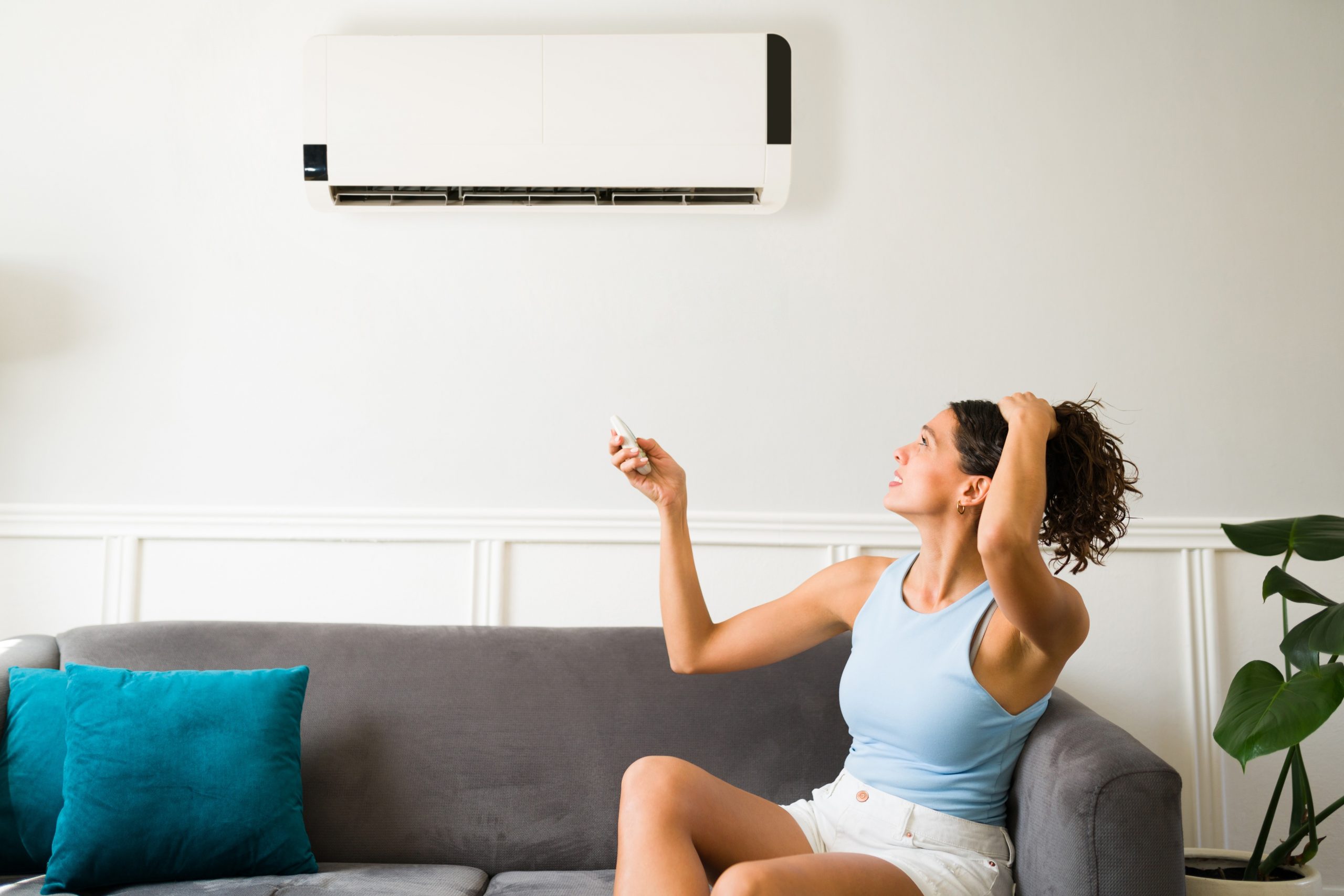
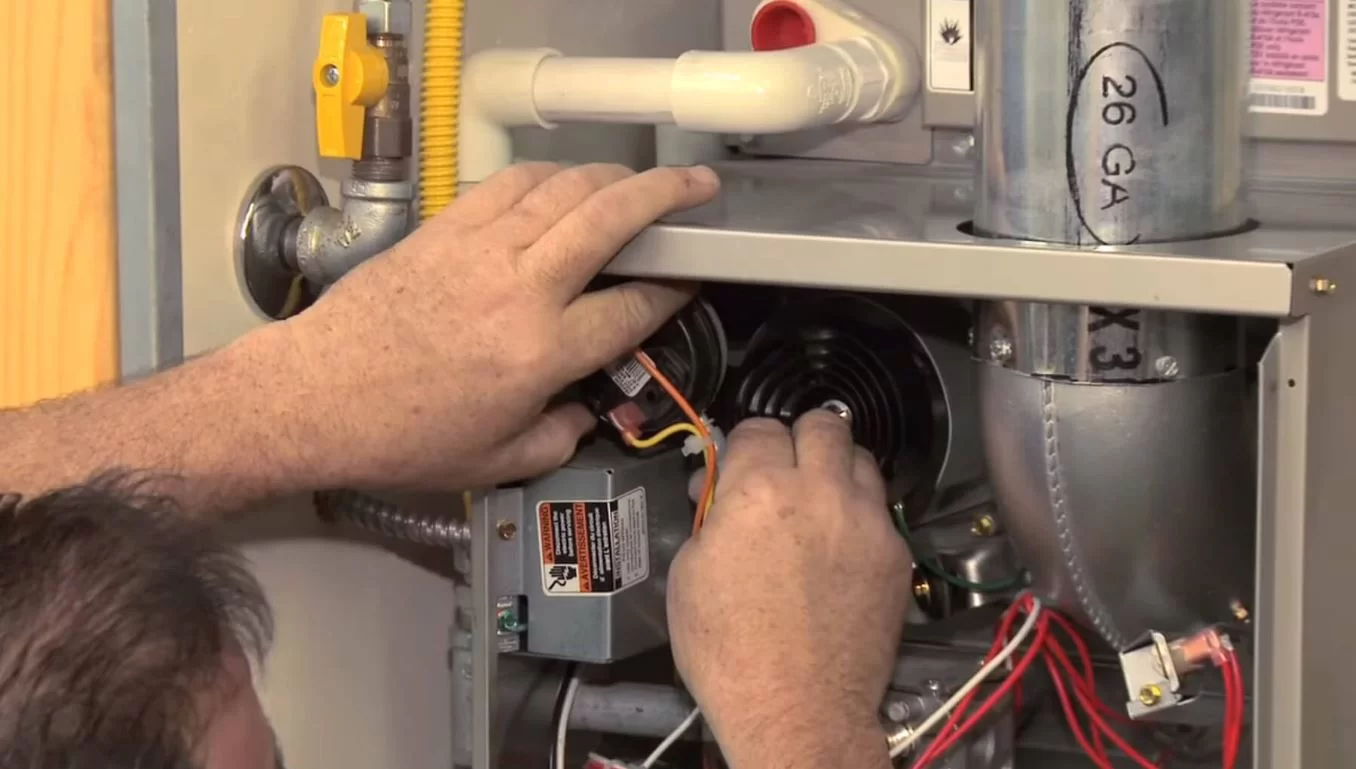
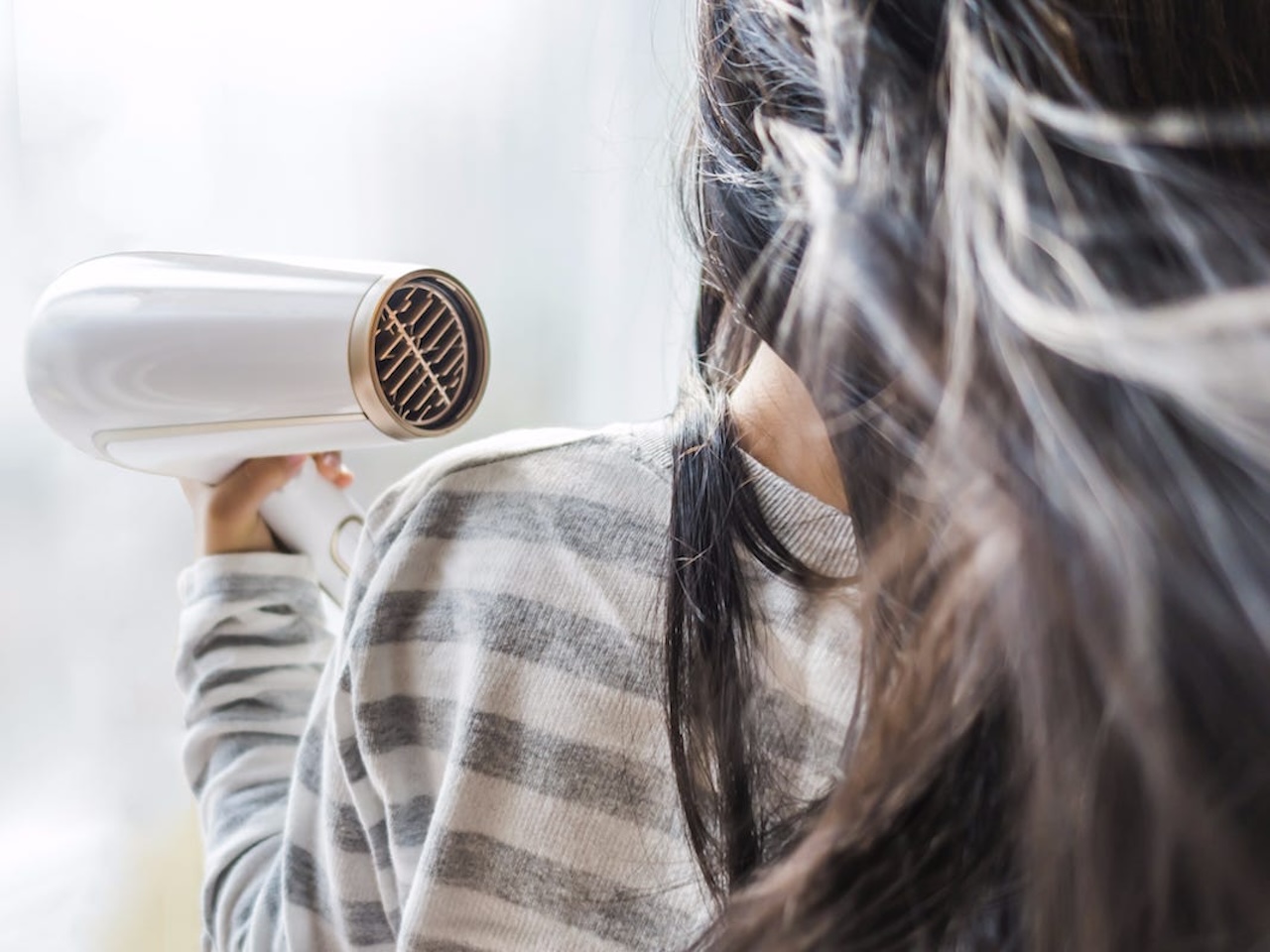
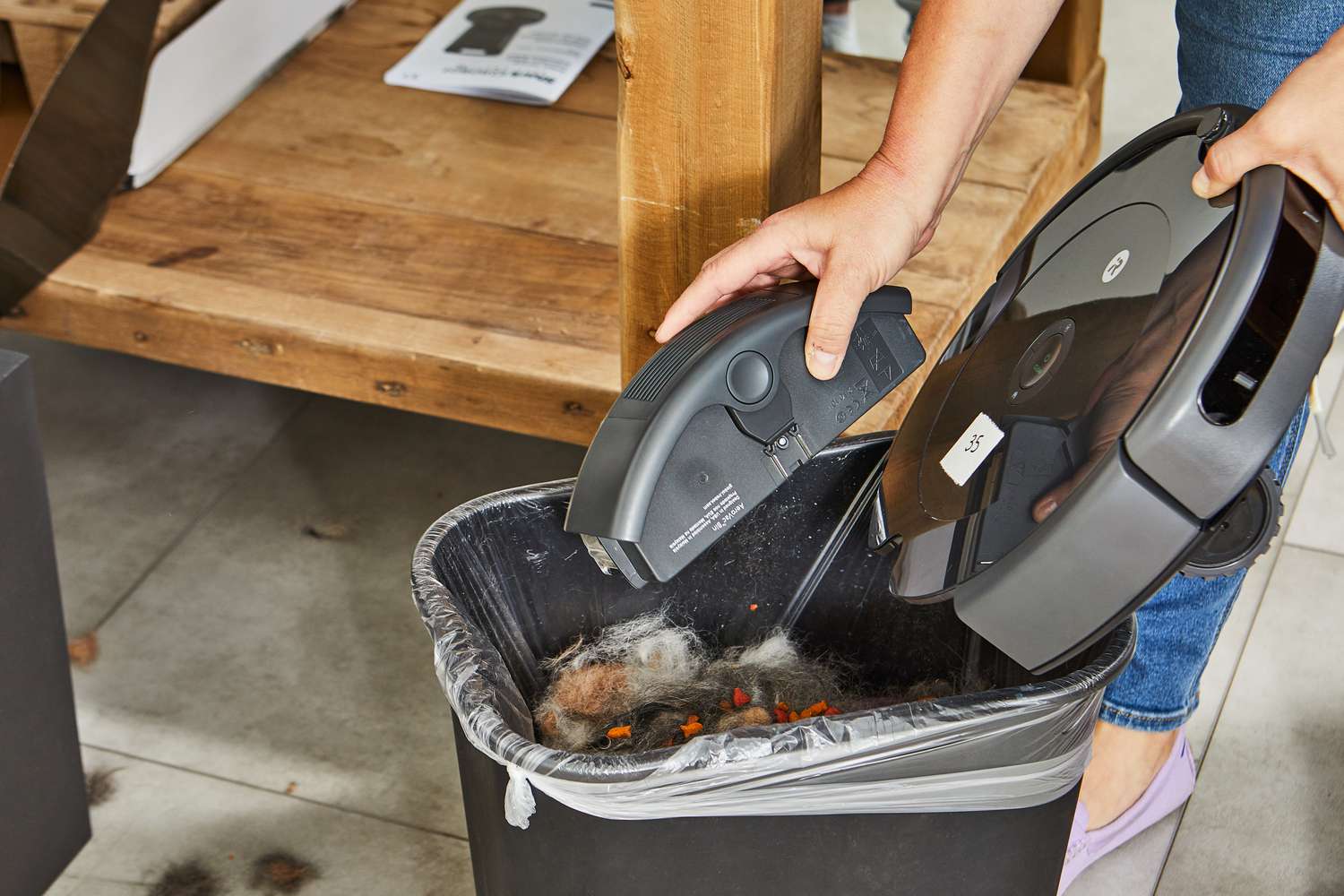
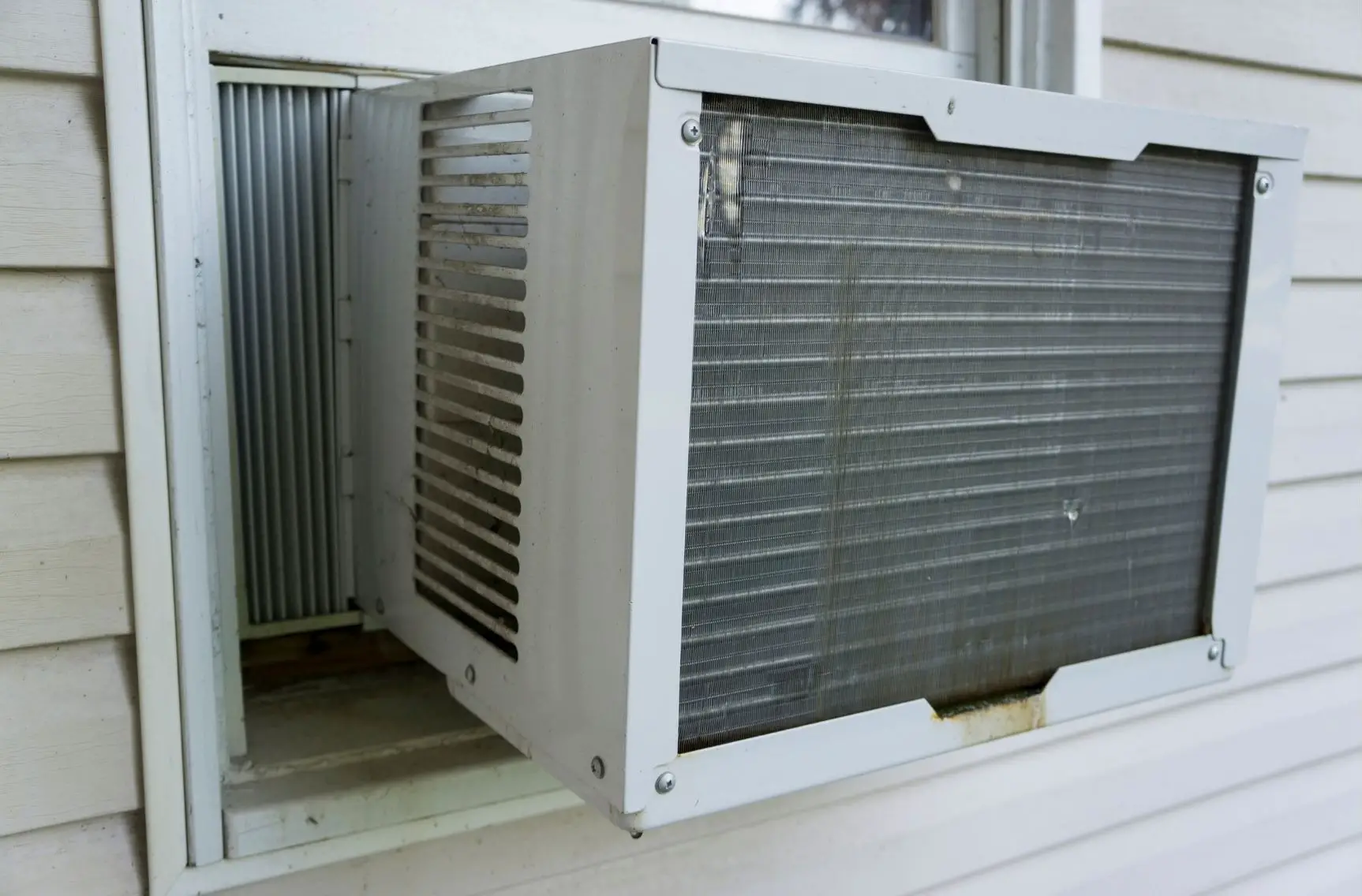
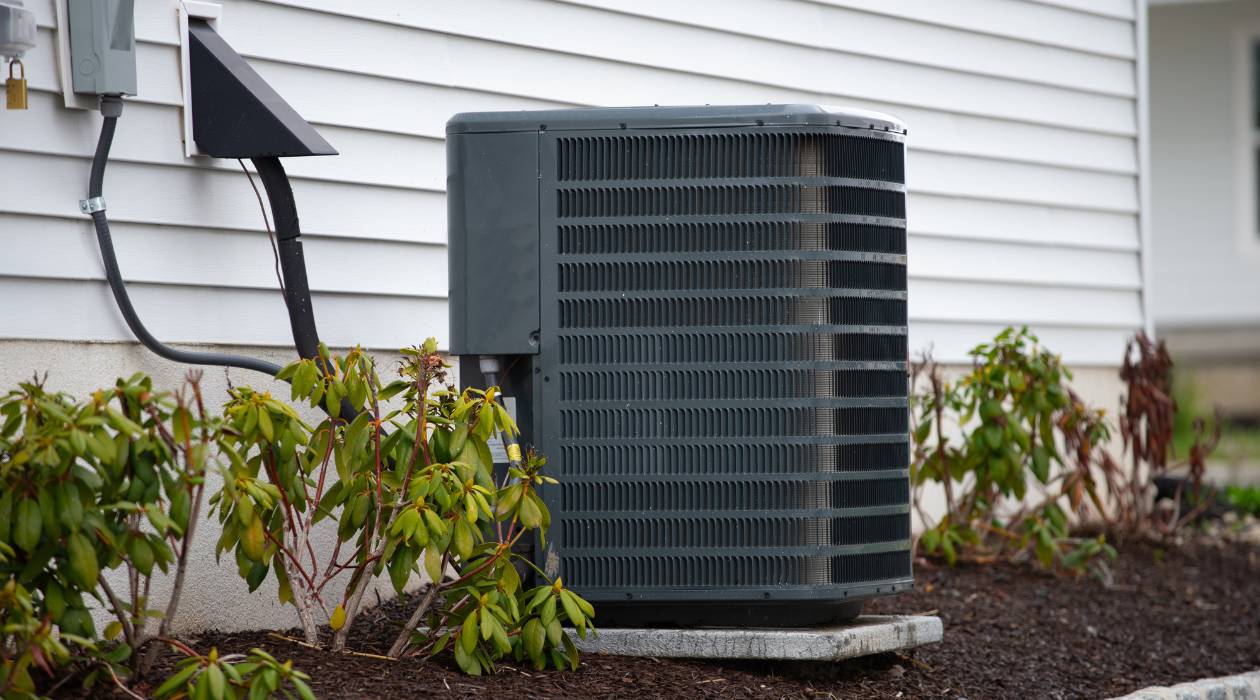
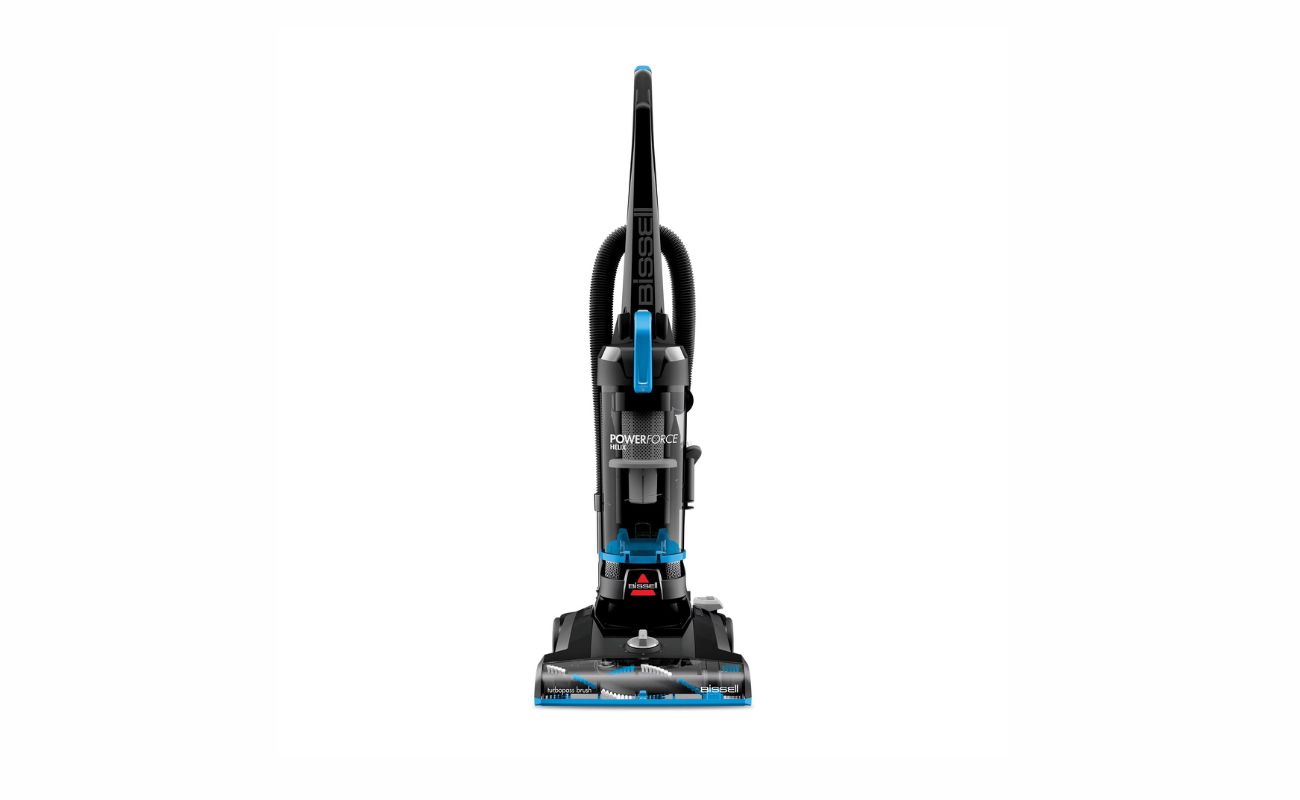
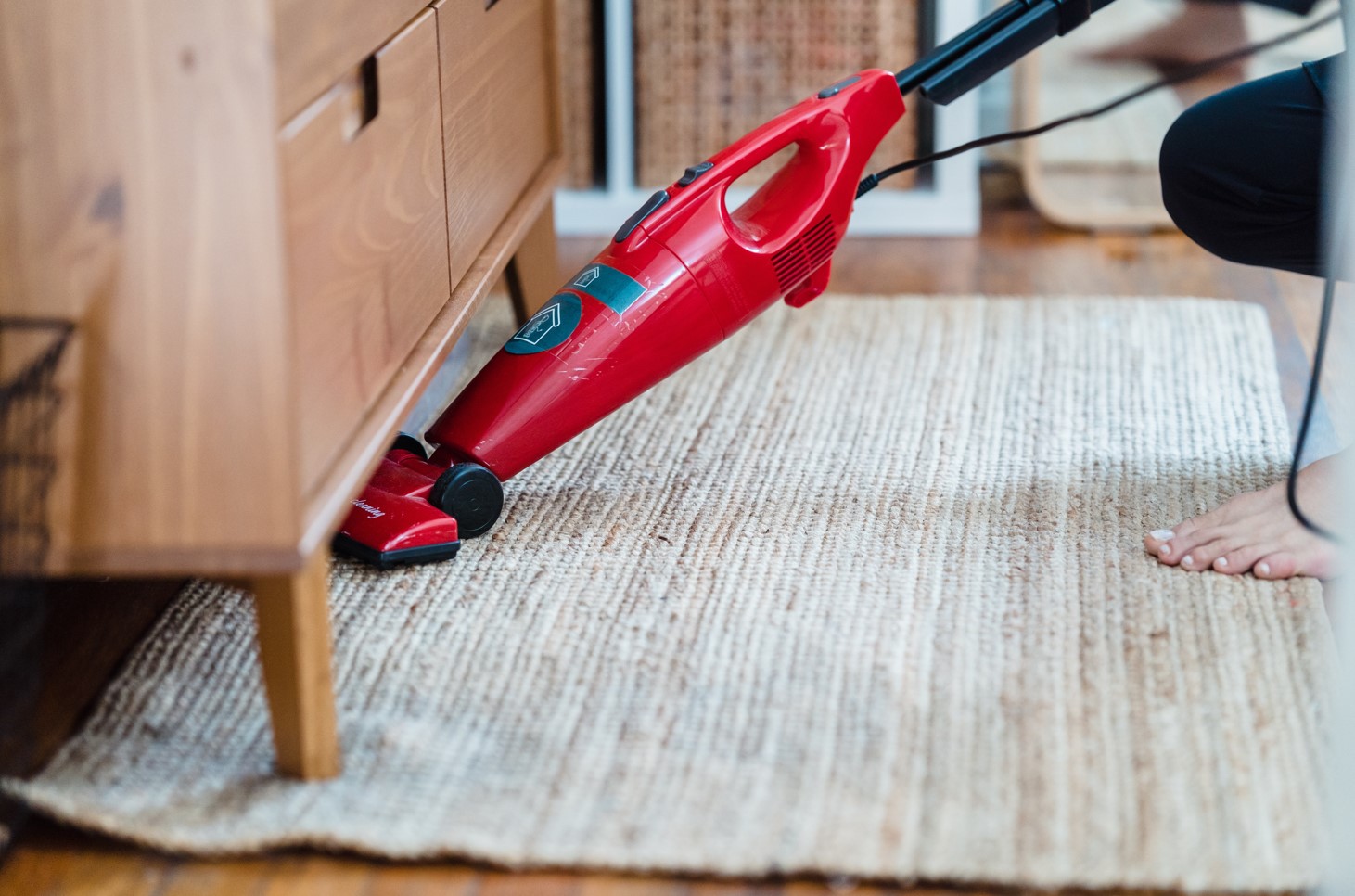

0 thoughts on “Why Is My Vacuum Cleaner Blowing Out Air”